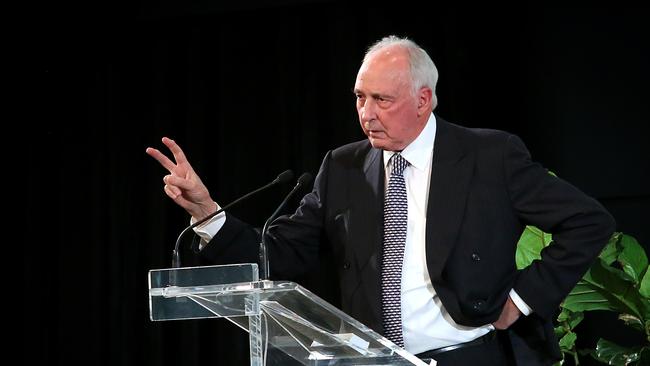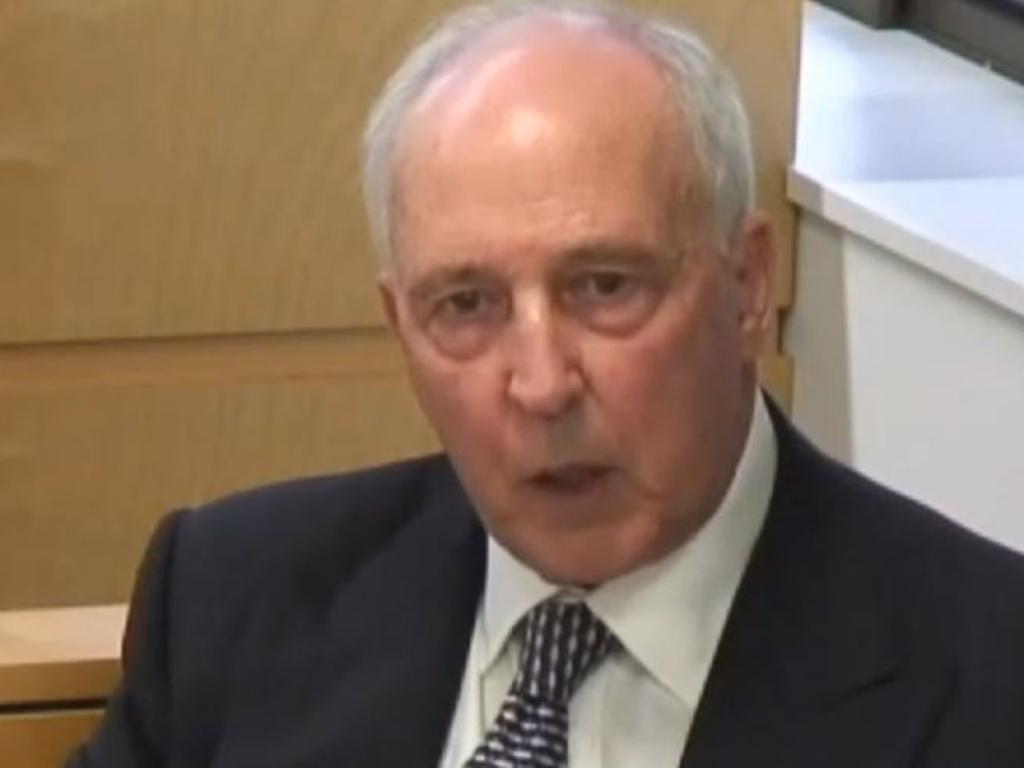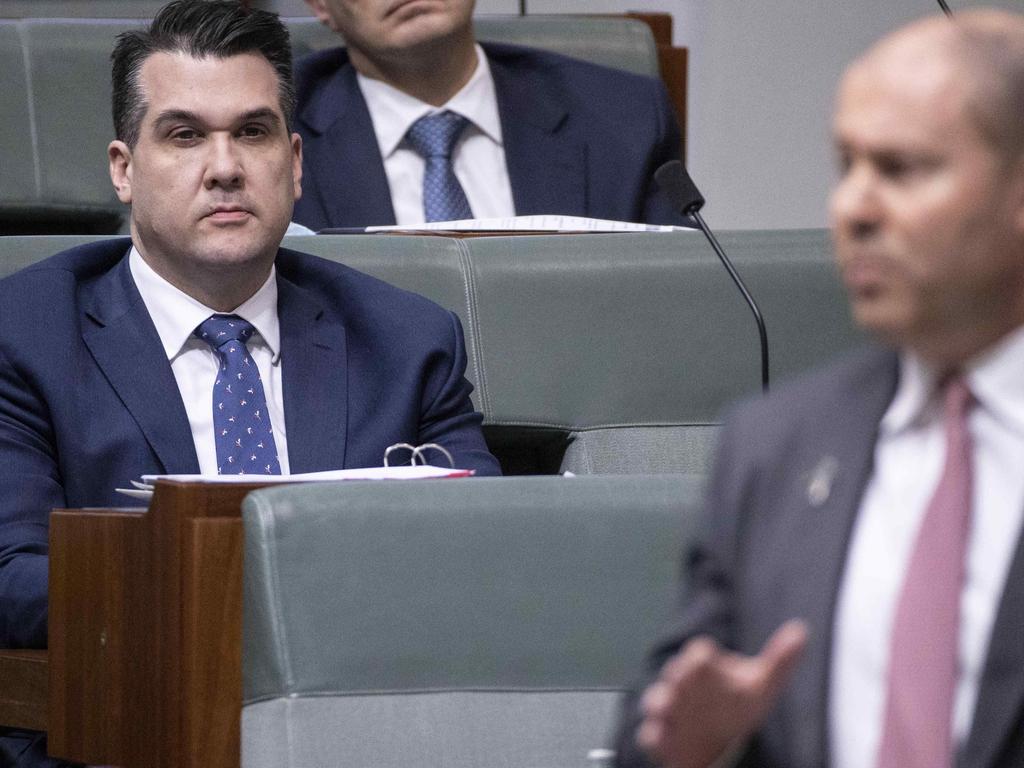Paul Keating says the RBA’s ‘incremental’ approach has not done enough to support jobs
Paul Keating has launched an extraordinary attack on the Reserve Bank’s performance through the COVID-19 recession.

Paul Keating has accused the “high priests” of the Reserve Bank of “indolence” in responding to the economic crisis triggered by the pandemic, arguing they could have done more to “shoulder the load” and support the government’s fiscal response to the recession.
In an extraordinary attack on the country’s most revered economic institution, the former prime minister damned the central bank’s “indolence” through the COVID-19 crisis, accusing it in a statement of being “way behind the curve in supporting the government in its budgetary funding measures”.
“As history has shown, when a real crisis is upon us, the RBA is invariably late to the party,” Mr Keating wrote. “And so it is again.”
“Knowing full well that monetary policy can now no longer add to nominal demand, something that now only fiscal policy is capable of doing, the Reserve Bank is way behind the curve in supporting the government in its budgetary funding measures.’’
Former senior RBA economist Peter Tulip, who only recently left the bank to join the Centre for independent Studies as its chief economist, said Mr Keating was “right to complain about the RBA’s indolence”.
“He is also correct that this is a long-term problem with the culture of the bank,” Mr Tulip said.
“We saw it in 2007 and again over the past few years.
“It arises because most board members are not economists and do not have a background in monetary policy. That leads to confusion-driven paralysis.”
Mr Keating said the RBA should be doing more to fulfil its “full employment” mandate, even if that meant making bold decisions, such as buying bonds directly from the government to help fund fiscal spending.
“The bank should be explicitly supporting the government so the country does not experience a massive fall in employment,” he said. “Its job is to help the government meet the task of full employment.”
The former Labor leader was particularly scathing of a speech given by deputy governor Guy Debelle on Tuesday, in which Dr Debelle canvassed “options” available to the central bank should it prove “warranted”.
“Guy Debelle’s meandering thoughts yesterday about the bank and monetary policy is way not good enough,” Mr Keating said.
“Not good enough for those likely to be unemployed. Not good enough for those who have already lost their retirement savings. Not good enough for a government trying to fund a massive support program for an economy in distress.”
The Reserve Bank declined to comment.
Mr Keating said instead of “funding a level of government outlays by buying appropriate levels of government debt and locking it away on its balance sheet, thereby making the government’s funding task much easier and support for the country better, the deputy governor conducts a guessing competition on what incremental step the bank might take to help”.
“It has to be remembered, these are the high priests of the incremental. Making absolutely certain that not a bank toe will be put across the line of central bank orthodoxy.”
Mr Keating said that the central bank had a history of acting too slowly to lift rates in the face of credit booms, and then delaying rate cuts in the wake of downturns, earning it the nickname “the Reverse Bank” when he was in office during the 1980s and early 1990s.
“The Reverse Bank has to quickly rediscover the gearstick and make the shift back to forward,” he said.
But former RBA board member Warwick McKibbin defended the bank‘s record, saying Mr Keating’s attack on the RBA’s performance through the crisis was misplaced. “This is a recession where it’s fiscal policy that really needs to take the lead,” Professor McKibbin said.
The central bank was already playing its part by buying government bonds in the secondary market, and buying directly from the government would “undermine the credibility of the central bank”, he said.
“The recession in 91 was caused by Paul Keating and his inappropriate policies,” Professor McKibbin said. “He is the wrong person to be criticising the bank, when he was the one who caused that recession.”








To join the conversation, please log in. Don't have an account? Register
Join the conversation, you are commenting as Logout